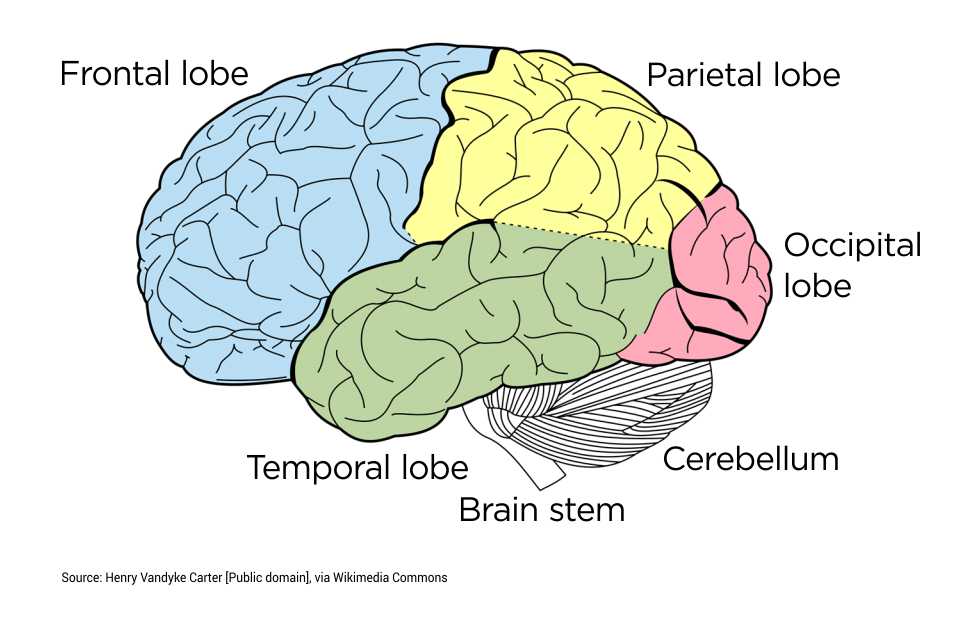

BRAIN INJURY
Brain injury includes several conditions and disorders that result in impairment to the brain and its functions. When we use the term ‘brain injury’ it is intended to cover both acquired brain injuries and degenerative brain disorders.
Causes of Brain Injury
Acquired Brain Injury (ABI) generally refers to injuries sustained after birth. These include incidents that result in an interruption of blood or oxygen supply to the brain, or a traumatic external force to the head, known as a Traumatic Brain Injury (TBI).
Brain injury also occurs through degenerative brain disorders such as Alzheimer’s disease and Parkinson’s disease. Brain tumours, stroke, and infections like Meningitis can also result in brain injury.
Causes of brain injury and brain disorders include:
Traumatic brain injury
Concussion
Stroke
Degenerative conditions
Hypoxia/Anoxia (lack of oxygen)
Brain tumour
Infection or disease
Assault
Domestic violence
Areas of the brain

Whilst we now know that most brain functions rely on many different regions across the entire brain working in conjunction, it is still true that each lobe carries out the bulk of certain functions.
Frontal lobe
The frontal lobe is involved in a wide range of higher level cognitive (thinking) functions including attention, reasoning, decision-making, judgement, planning, self-assessment or performance, problem-solving, motor skills, impulse control, language production, emotional regulation and social behaviour.
Parietal lobe
The parietal lobe perceives and integrates information from the body’s senses. It is involved in object recognition, interpreting where objects are in space; math, reading and writing skills.
Occipital lobe
The occipital lobe receives and processes visual information from the eyes, depth perception, and discrimination of movement and colour.
Temporal lobe
The temporal lobe is responsible for understanding and processing language, sound processing, and memory. It makes sense of complex visual information and facial recognition.
Brain stem
The brain stem regulates basic functions such as breathing, heart rate, sleep cycle, and swallowing. It is home to all the cranial nerves.
Cerebellum
The cerebellum coordinates and monitors body movement. Involved in balance, staying upright and muscle tone.
PHONE 0411 864 386
EMAIL [email protected]
